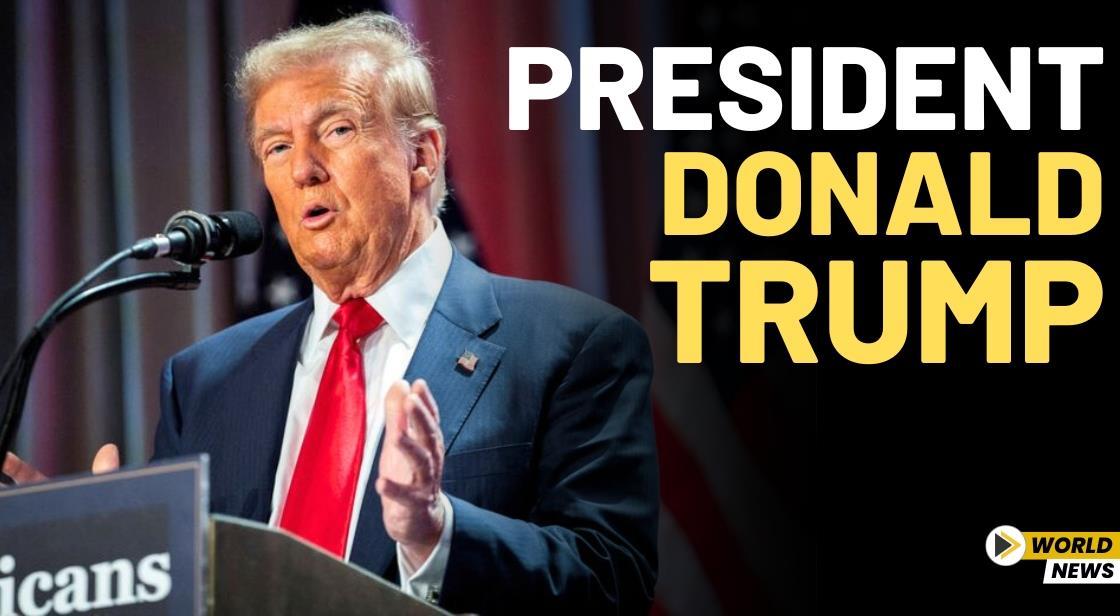Trump Revives Travel Ban, Blocks Entry from 12 Nations Starting June 9; Tightens Rules for 7 Others

News Synopsis
The new ban stems from a January 20 executive order signed by US President Donald Trump. The order directed the U.S. Departments of State, Homeland Security, and the Office of the Director of National Intelligence to prepare a report assessing “hostile attitudes” toward the U.S. and the potential national security risks posed by allowing individuals from certain countries to enter.
This latest measure echoes the controversial 2017 travel ban, initially targeting citizens of seven Muslim-majority nations — Iraq, Syria, Iran, Sudan, Libya, Somalia, and Yemen. The move led to significant chaos at airports, with travelers detained or denied boarding, including students, professionals, and families.
Legal History: Supreme Court’s 2018 Ruling
The original ban, widely referred to as the “Muslim ban” or “travel ban,” underwent several legal challenges. It was revised multiple times before the U.S. Supreme Court upheld a version of it in 2018.
The earlier travel restriction impacted a broader group, including travelers from Iran, Somalia, Yemen, Syria, and Libya, along with North Korea and specific Venezuelan officials and their families.
US President Donald Trump and his supporters have maintained that these actions are strictly in the interest of national security. They deny claims of religious bias, despite Trump’s earlier campaign call for a “total and complete shutdown of Muslims entering the United States.”
Conclusion
Trump's latest travel restrictions are likely to rekindle intense debate over immigration policy and national security—issues that were hallmarks of his first presidential term. The move to ban entry from 12 countries and impose restrictions on 7 others has already drawn sharp criticism from civil rights groups, immigration advocates, and foreign policy experts.
\While Trump defends the decision as a necessary measure to safeguard the United States from potential threats, opponents argue that it unfairly targets developing nations and may disproportionately affect refugees, students, and families seeking reunification. The legal precedent set by the 2018 U.S. Supreme Court ruling in favor of a previous travel ban could make this version more resilient to judicial challenges.
As the 2024 U.S. presidential elections approach, such immigration policies are poised to remain central to political campaigning and public discourse. The renewed ban underscores broader questions about national identity, global diplomacy, and America’s role in humanitarian leadership.
You May Like









